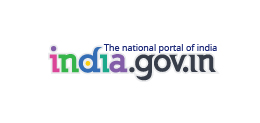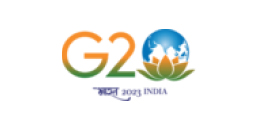Introduction
In August 1992, the National Goitre Control Programme (NGCP) was renamed the National Iodine Deficiency Disorders Control Programme (NIDDCP) to address a wide range of iodine deficiency disorders, including mental and physical retardation, deaf-mutism, cretinism, stillbirths, and abortions. The programme is implemented nationwide. NIDDCP aims to reduce IDD prevalence to below 5% and ensure 100% household consumption of adequately iodized salt (15ppm).
Objectives:
The Objectives of the National Iodine Deficiency Disorders Control Programme are as follows:
- Surveys to assess the magnitude of Iodine Deficiency Disorders in the districts.
- Supply of iodated salt in place of common salt.
- Resurveys to assess iodine deficiency disorders and the impact of iodated salt after every 5 years in the districts.
- Laboratory monitoring of iodated salt and urinary iodine excretion
- Health Education and Publicity
Scope of services
Activities:
- Technical guidance to the States/UTS.
- Inter-sectoral co-ordination at Central level and maintenance of close liaison with the Ministry of Industry/Transport etc.
- Coordination of the various facets of NIDDCP in States/ UTS
- Undertaking independent IDD surveys and monitoring in various States/UTS.
- Imparting training to the State Health Personnel, involved in NIDDCP.
- Collection, compilation and analysis of relevant data from States/UTs with a view to render more effective and meaningful advice
- Monitoring of the quality control of iodated salt at production level through the Salt Commissioner and at the distribution and consumer level through the State Health Directorate.
- Monitoring the procurement and distribution of iodated salt in States/UTS
- Managing the IEC activities at apex level and the financial and other physical aspects of State level IDD Cells.
Assistance provided to States
- Human resource of State IDD Cell i.e Technical Officer, Statistical Asst. & LDC and State IDD monitoring laboratory i.e. Lab Technician & Lab Assistant.
- Health education and publicity activities including global IDD Day activities.
- Conducting district IDD survey/resurvey to assess magnitude of IDD.
- Procurement of salt testing kits by State/UTs for IDD endemic districts for creating awareness at the community level about consumption of iodized salt and monitoring of salt for presence of adequate iodine at household level.
- Performance based incentive to ASHA @ Rs. 25/- per month for conducting 50 salt samples testing by STK at household/community level.








